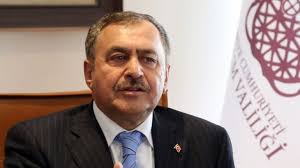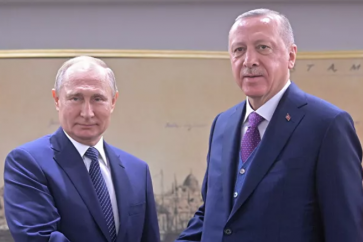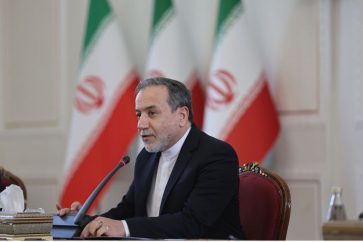Turkey is to scrap the office of the prime minister in a historic switch under a government-backed proposal for a new presidential system, a cabinet minister said on Thursday.
Forestry and Water Affairs Minister Veysel Eroglu said there would be one and possibly two vice presidents under President Recep Tayyip Erdogan in the new format, which is expected to be submitted to a referendum next year.
“There won’t be prime ministry in the new system,” he told the state-run news agency Anadolu.
“In general there is a president and next to him probably a vice president like in the United States. We might have more than one vice president,” he said.
Erdogan, who was elected to the top post in 2014 after serving as prime minister for more than a decade, is seeking a strong presidency similar to France or the United States.
His ruling Justice and Development Party (AKP) needs at least 330 votes in the 550-seat parliament to call a referendum to legislate the changes.
Eroglu predicted that the proposed package would be put to a referendum next spring with the support of MPs from the opposition Nationalist Movement Party (MHP).
Opponents say that since he was elected, Erdogan has become de-facto executive president and argue the proposed changes could drag Turkey into one-man rule.
Before Erdogan became head of state, the Turkish prime minister was seen as the number one but current Prime Minister Binali Yildirim is very much his subordinate.
The Turkish strongman is already under fire by Western allies for a widening crackdown on opposition in the aftermath of a failed putsch in July.
The full blueprint is yet to emerge, but Erdoglu indicated that cabinet ministers would no longer be MPs.
“What’s being thought is a system where the legislative and executive run separately,” he said.
Erdoglu added that the president would be party-affiliated, meaning Erdogan could resume his links with the ruling AKP that he had to cut after becoming president.
The minister said elections for parliament and the president would take place in 2019, with no snap polls to be expected before.
Source: AFP




